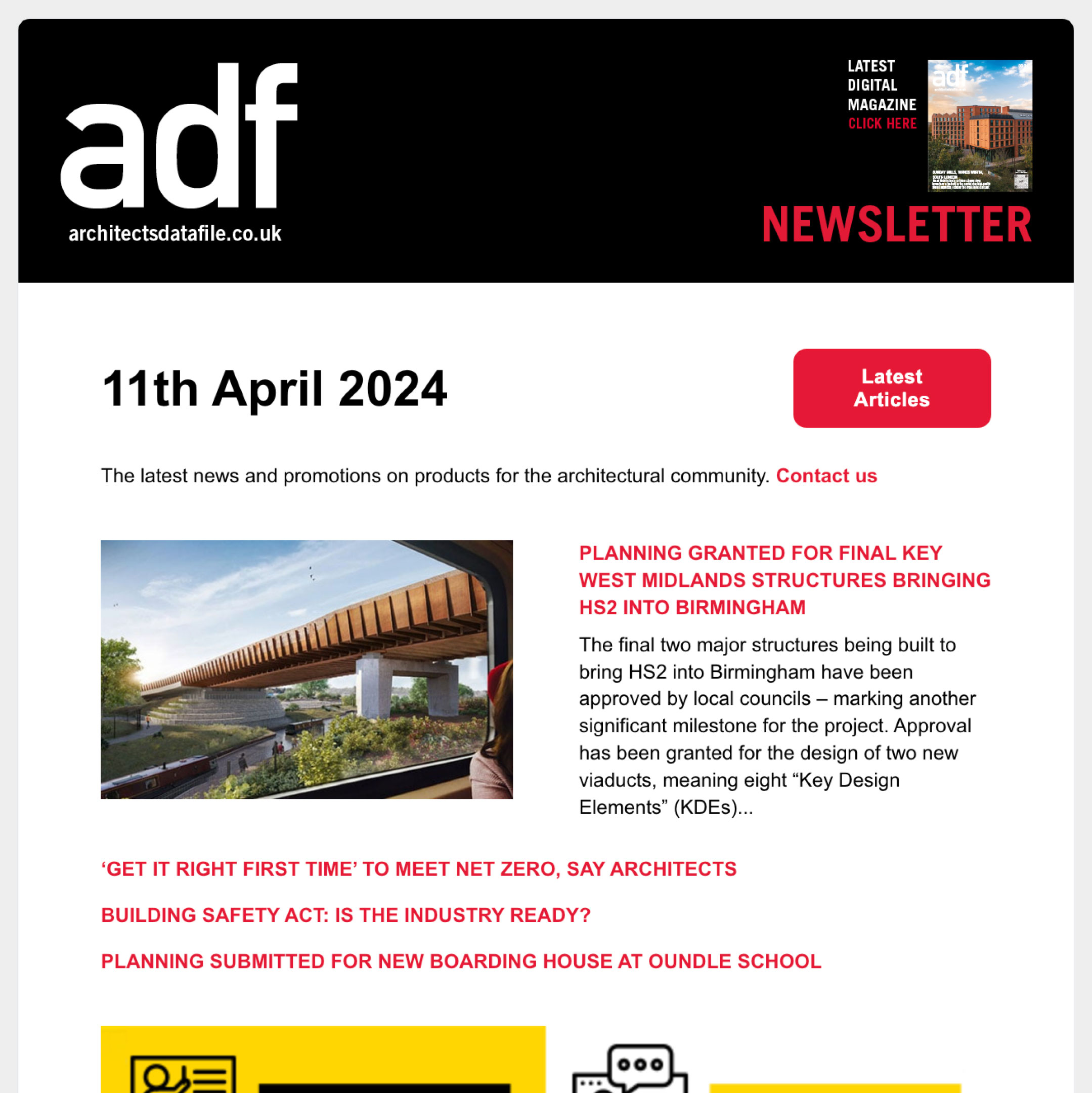As a pioneer among advanced intelligence computing platforms, the Hengqin Supercomputing Centre is comprised of three phases and it is set to be one of the largest world-class AI computing centres. Phase Three is jointly designed by Guangdong Architectural Design & Research Institute (GDAD) and Aedas design team, and is led by executive director Kelvin Hu. The project will be completed and ready for use in 2023.
Located on Huandao West Road at the base of Xiaohengqin Mountain, the landscape and abundant greenery provide a thriving scenery to the project. In light of such beneficial ecology, the design manifests itself into two main concepts: Advanced Technology and Sustainable Ecology.
Aedas executive director Kelvin Hu said,
“Phase Three is located near one of the cooling stations, where the cool energy generated from the power plant is transferred to the site through the station and underground pipes. Our key is to integrate the ecology and technology into one design core in the Science Innovation Zone.”
Responding to the compact site area, the plot is divided into three independent multi-functional blocks according to their respective traffic flows. A mass cut strategy is adopted to open the sight corridor on both sides towards Hengqin Mountain. Subdivision of functional body blocks create a jagged form, enhancing vertical interaction within the building. These soften the building volume and weaken the sense of oppression on the approaching road to merge into the environment.
Taking inspiration from energy circuits and ecological growth, the design emphasises geometry and movement, expressing an architectural language that is sleek and neo-futuristic. The linear facade is inspired by integrated circuits, which are indispensable to any AI computing platforms. It shapes the architecture with simple geometric form to create an atmospheric façade. Using metal plates to mimic the dense lines on circuits, the project is complete with exquisite details and lighting features to light up the area as a shining technological cube during the night. The blocks in the middle adopts façade mullions and double insulating glass to create a stick glass curtain wall façade that enables sunlight to penetrate and blur the border to the exterior surroundings.
The vertical ecological greening is created to form a three-dimensional landscape system, integrating the architecture and nature. The jagged facade becomes a green wall with creeping plants growing in between the grooves, providing a seasonal and natural wall painting to vitalise the area. In addition, green public spaces are placed on rooftops to create a sustainable working environment.
Hu added,
“We hope to create a design that infuses elements of nature with technology in a diverse and interactive environment. As such, this neo-futuristic project shall be a green cubic landmark in Hengqin New District.”





